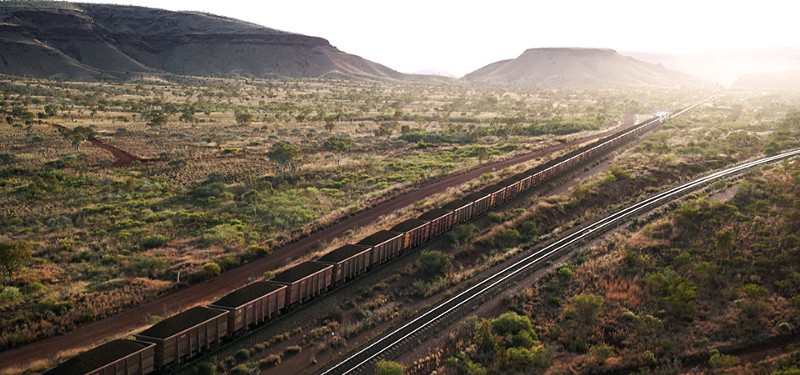Australians are masochists. We love to hate ourselves and put ourselves down. Especially when it is triggered by a richer, bigger and more powerful country telling us how dreadful we are.
Harvard University Growth Lab’s updated Atlas of Economic Complexity recently triggered a meltdown of ‘pleasure’ around Australia when we fell to number 93 on the global index, a measure of many different things are made and exported in a single country.
“Australia is rich, dumb and getting dumber”, wrote Aaron Patrick in the AFR on October 7. The self-directed cries of pain (or pleasure) rang out over social media.
“For how long can Aus 🇦🇺 maintain a first world lifestyle with a third world industrial structure?”, wrote former Dean of UTS Business School, Roy Green.
Australia is little more than “a quarry and a beach” wrote economist Stephen Anthony.
“Australia: Masters of Un-intellectual Property”, tweeted comedian Dan Ilic.
Suddenly 27 years of economic growth — arguably the most successful economy in the rich world — is out the window because of one metric.
Let’s just ignore the fact that median income has risen four times faster than in America. Public debt, at 41% of GDP, is less than half Britain’s. Our inequality is the lowest of the english speaking OECD. That we live in a thriving multi-cultural society with 29% of our population born overseas. Or that we rank 12th globally in our contribution to high-quality research and contribute 4% of total scientific output despite being 0.3% of the world’s population. Or that Australian research outputs has risen 112% since 2006 which far outstrips the UK and USA.
Let’s just ignore these statistics and, while we’re at it, our insane high-quality of life and focus on one metric. What is economic complexity and is it ‘good’?
If I had more time, I would have written a more complex economy
Economic complexity is a measure of a countries export activity. It contains information about both the diversity of a country’s export and their sophistication.
The reasoning is that export should reflect an economies sophistication and able to measure or predict its growth and income inequality. By both measures, it seems to not be working well for Australia (and, naturally, places America in the top quartile of countries). Outliers exist in every dataset.

Is pursuing complexity for the sake of a ranking a sound strategy?
“It is far more important for a country to exploit its comparative advantage than to pursue complexity for complexity’s sake, especially if such a pursuit requires government intervention to pick winners,” said Brian Fisher, a former head of a government economic forecasting agency in a follow-up article from the AFR.
To be sure, I’m not suggesting that we ignore our over reliance on resources exports. But it is important to recognise that economic sophistication doesn’t solely come from exports (especially for a far-away country with different industries) and that ‘doubling down’ on winners is equally important. Perhaps even more so for small countries.
Our doubling-down on natural resources has given us a serious advantage over other countries. Everything that “doesn’t grow has to be mined” a recent Mining council report accurately pointed out.
Selling (extremely high-tech) shovels
To say that our huge resource industry is a simple “quarry”, or just “digging things out of the ground” is also a gross over simplification of its pioneering technologies and entrepreneurs that have spun out to take advantage of those new technologies.

The world’s largest robot and first automated heavy-haul, long distance train has clocked more than 4.5 million kilometres in Australia. The first autonomous vehicles roamed our mine sites, a decade before the streets of San Francisco. Entrepreneurs are now taking these same methods and pioneering new ways to ensure food security (BioScout), reduce wastage in exploration (EarthAI), and give framers precise information on their crops that was previously unobtainable (Green Atlas). And we need more of them.
Of course this doesn’t excuse our current global challenge, how do we move away from being a contributor to climate warming? How do we utilise our exisiting sophistication, exploit our ‘natural advantages’ that got us here to tackle the next set of global problems?
Ultimately government intervention to revive bad industries is silly idea. So is chasing after one metric. Strategic bets are good.
Strategic bets I’m going to make are across backing ambitious, hungry founders across the areas of future energy, future food and future humanity (and I believe the Government should too).
We need to recognise our strengths and promote them them to compete globally. Deriving pleasure from our powerful neighbours self-serving critiques is a distraction.






